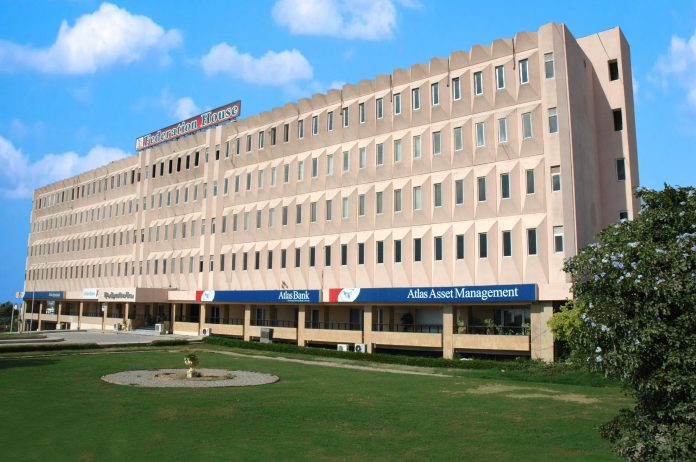KARACHI
The Federation of Pakistan Chambers of Commerce & Industry (FPCCI) officials here suggested that the implementation of Free Trade Agreement (FTA) with Iran must be carried on a priority basis.
Mentioning the fact that second phase of negotiations, related to current FTA proposal, has concluded only last week, they said, the due realisation of the agreement can increase the 2016’s $ 359 million trade to $ 5 billion by 2021 between the two countries.
It was in 2004 that Pakistan and Iran had signed the PTA which came into effect in 2006 and as per data from International Trade Centre and Trade Maps, Pakistan’s bilateral trade with Iran increased from $ 622 million in 2006 to $ 1.2 billion in 2009, a 194 per cent jump post FTA implementation.
FPCCI Horticulture Exports, Regional Chairman Ahmad Jawad said despite the increase, bilateral trade with Iran composed of just 2.5 per cent of Pakistan’s global bilateral trade, with exports to Iran being 1.4 per cent of Pakistan’s total exports.
The only significant export to Iran was that of rice with 12 per cent of Pakistan’s exports finding a market in Iran, he said.
This, he said reflected that the highest potential of increase in trade is of rice exports to Iran as at the peak of Pakistan’s exports in 2009, the top export to Iran was $ 200 million of rice – comprising nearly 80 per cent of Pakistan’s exports to Iran.
He said cotton fabric and fresh fruits mainly Kinnow and mangoes along with surgical goods also hold a considerable attraction for markets in Iran.
It was regretted that though woven fabrics of cotton are a significant export of Pakistan but exports to Iran are nonexistent, whereas Iran’s imports from the world were $ 42 million in 2016.
“Similarly we hold tremendous potential to increase our exports of medical instruments (HS Code 901890) to Iran,” he said.
Ahmad Jawad said Pakistan’s current exports of surgical goods to Iran were presently restricted to $ 780,000 whereas Iran’s imports globally were $ 147 million in 2016.
Since Sialkot’s surgical good industry is one of the country’s success stories, reduction in tariffs of medical instruments can be negotiated to become a part of the FTA, he emphasized.
FPCCI officials said there was a long list of Pakistan’s export items that were currently not being exported to Iran and which, however, are imported by Iran in large volumes from other countries.
Reminding that Pakistan’s exports have been limited to a single top item to Iran, he said FTA is an opportunity to increase our basket of exports.
Ahmad Jawad warned that focus on export of the single item to Iran may deprive Pakistan of acquiring the benefit FTA can otherwise offer.
Concerted efforts must be made and a pragmatic approach ought to be adopted to expand our list of exports to Iran as the only optimistic goal of $ 5 billion of bilateral trade can be achieved, emphasised the FPCCI official.




